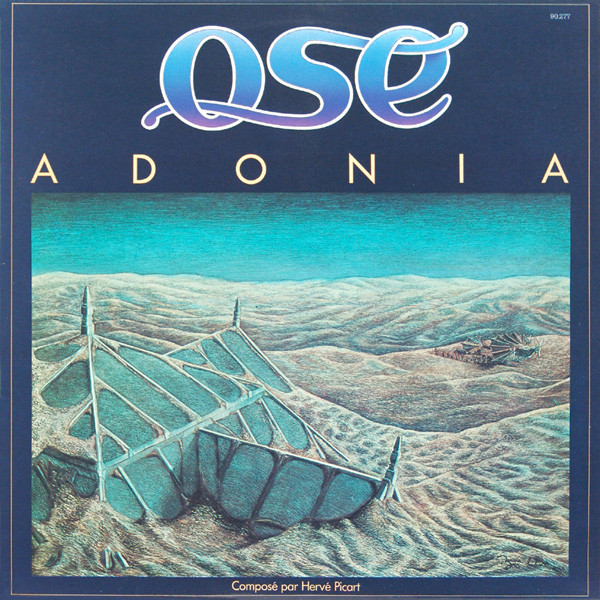I’ve been meaning to post this for over a year now. I kept putting it off because I wanted to do more research, or even pay someone to translate the liner notes. But I realized that it’s more important for the music to get out there than it is for me to spend literal months reading machine translated Japanese webpages, hoping to find tiny morsels of info that a small handful of people might find moderately interesting. So here it is.
Synthetic Space – Complete Album Download
Synthetic Space was released by RCA Japan in 1978. It is a collection of synthesizer music created mostly be amateurs or non-professionals. They were the winners of a contest that was sponsored by a Japanese magazine called Weekly Playboy, of no relation to actual Playboy. From what I found online, judges for the contest included members of the early synth act The Bach Revolution, and synthesizer pioneer Isao Tomita, who also served as the album’s producer.
There are some notable people on this compilation.
Track one is credited to three people, one of which is Makoto Inoue. He was a member of Hikashu, a very strange kind of post-punk, experimental act that formed in the late 70s and released several interesting albums in the early 80s. He’s also a member of Inoyama Land, an ambient act that was on Yellow Magic Orchestra’s Yen Records in the 80s. Their debut album, Danzindan-Pojidon, is a masterpiece. Inoue is also the person behind the Godzilla Legend albums, amazing compilations featuring unique adaptations of music from Godzilla movies. I highly recommend those. Inoue’s track on this album, “Sunset World,” serves as the album’s opener. It’s a highlight, a fantastic, slightly creepy, track with a slight industrial bent.
Another major player in the Japanese electronic scene who is present on this album is Susumu Hirasawa, who is the main songwriter, guitarist, vocalist, and synth player for P-Model, a hugely influence Japanese post-punk synth-pop act from the late-70s and early-80s. While YMO was taking synthesizers and using them to craft elegant, sophisticated pop music ala The Human League, P-Model were much more interested in combining synths with more out-there and abrasive sounds. They’re much more in line with acts like Devo or early Talking Heads, really crazy stuff. His track on here is called “Cosmic Dancer.” It is of no relation to the T-Rex track. It kicks ass.
There might be some other people of note on this compilation, but I can’t seem to find any. The Discogs pages for most of them are completely blank. Hell, for a few it’s even hard to judge how to pronounce their names. Kanji names can have different pronunciations, and with no English frame of reference to go by on a few of these, I just left their names in kanji to play it safe.
This is early synthesizer music, and while a lot of those collections of early synth music skew towards the atonal, experimental, and avant-garde, this one is much more listener-friendly. Yeah, it’s a bit out-there at times, but most of these songs are recognizable as songs, really good songs at that. I would not be surprised if everyone involved with this record went on to work in the recording industry, if not as performers like Inoue and Hirasawa, then as behind-the-scenes engineers or producers. This is awesome stuff. It’s also insanely rare and from what I can tell, I’m the first person to share the complete album online.
I actually have another album like this, also comprised of contest winners. I hope to get that one up sometime this year. I promise.














